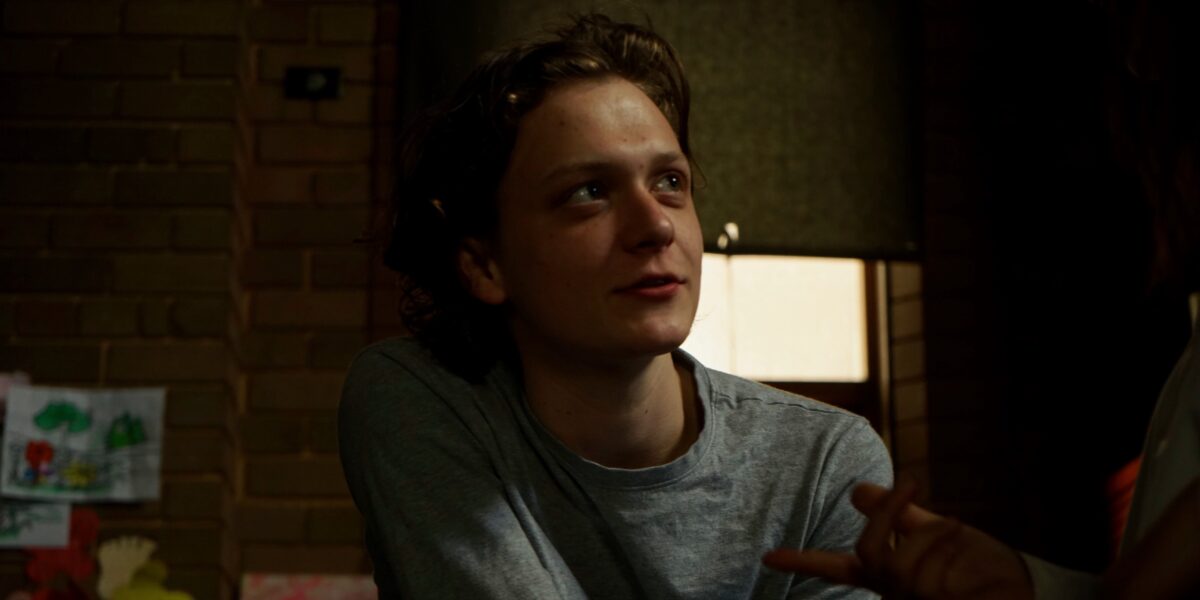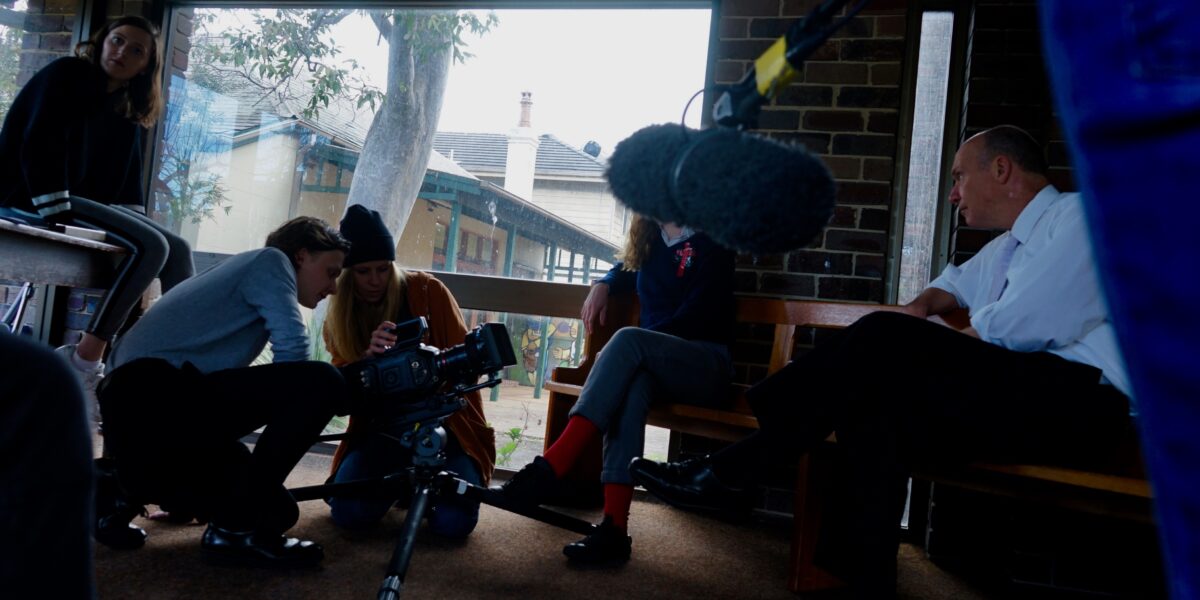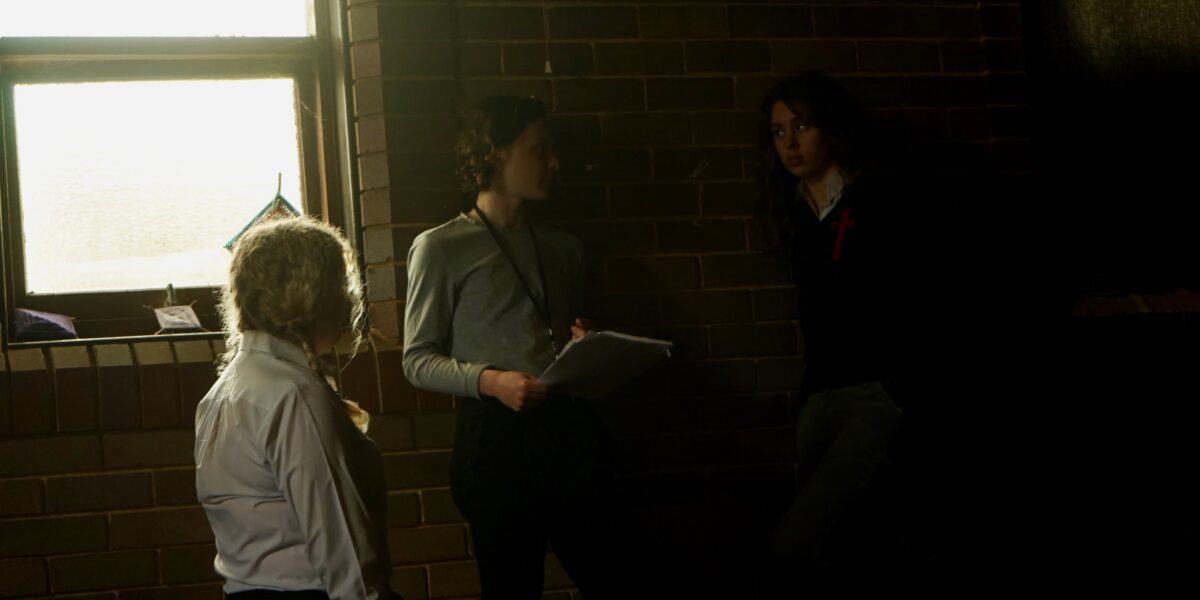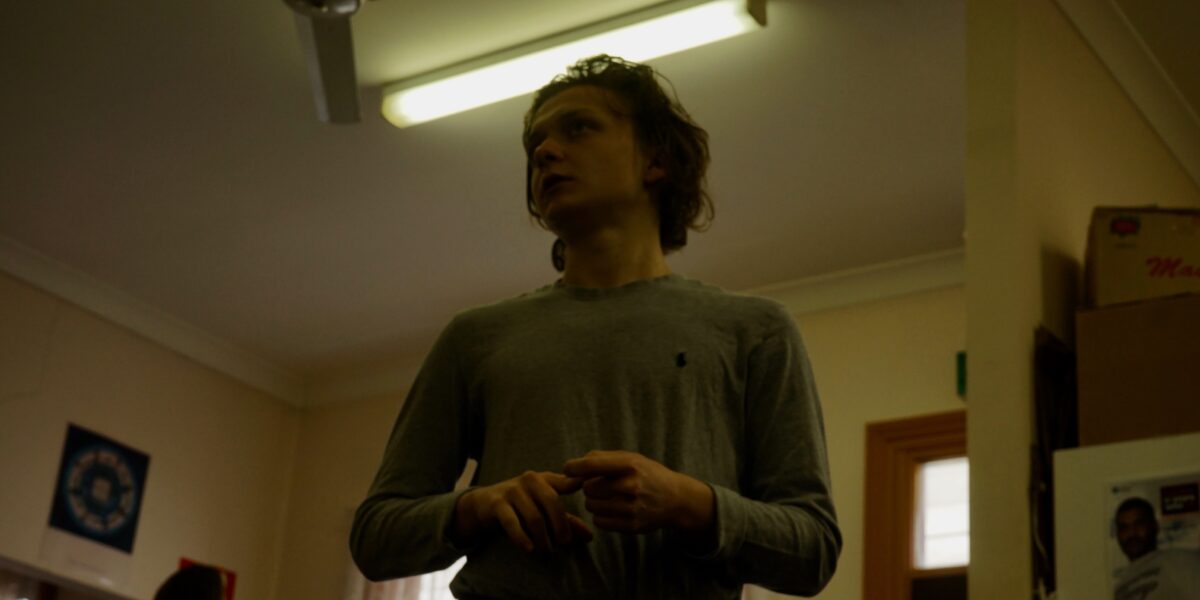Ahead of the publication in full of ‘Flare and Falter’, his ten-part history of Australian cinema, we sat down with our very own Oliver Clarke to pick his brains about the industry, the craft and the future.

Tell us a little about yourself. What’s your background in the arts world?
My only formal training in regards to film was at AFTT, where I graduated a few years ago. I’ve always strived more to be a writer than a filmmaker. I spent most of the past few years writing and reading, and studying film was kind of a way to use writing in a more straightforward way with the prospects of a career, which was probably wishful thinking. I haven’t published much but I’ve written a lot, which is the case for many writers, I think. I’m most interested in books over anything else, whether writing my own or collecting others.
Do you have a favourite Australian director? (Past or present)
There’s a lot of very important Australian directors who I should mention, but then there are also just my personal favourites. Peter Weir was obviously extremely important, and made some vital and brilliant films. George Miller, too, is important to appreciate, especially during the 1970s and 80s. A personal favourite though is probably John Hillcoat, just because I love Ghosts of The Civil Dead and Lawless. He’s a gritty filmmaker and manages to retain a sense of honesty in his films even when they’re major releases.
What do you think is the most underrated Australian film you’ve seen?
There are so many. A lot of Australian films are underrated because they are Australian, which limits them in terms of distribution, appreciation and funding. I have to say Wake In Fright, though it is appreciated by many. It’s so original, so honest and raw and frightening and still relevant today. Politically, I think Walkabout is underrated and forgotten. People seem to forget about Two Hands as well, which I’d group with Wake In Fright as extremely and brilliantly realistic and relatable.

I want to start us off with the Cultural Cringe. Do you think it’s as prevalent as it used to be in the past? Do you think it will get worse, or better, in coming years?
Yes, it’s still extremely prevalent, especially amongst younger generations. Everything is Americanised, and we’ve heard so much talk about ‘the best country in the world’ that we’ve started to believe it; not only that it’s true of America, but that the ranking of countries is somehow viable. Whatever kids or teenagers see in vacuous dance videos or content is what they think they need to strive towards, in terms of fashion, thought and lifestyle, and it all comes from America.
Australian Cultural Cringe has only expanded with the growth of the technological world. It’s so easy for us to feel inferior due to the comparative nature of social media. I think it’ll get worse and worse. That’s a bleak answer, but it’s what I think.
Do you think not being a Republic has anything to do with it?
Perhaps, but I think it’s more to do with culture than with politics. I think Australians struggle to listen to authority, which is a double-edged sword of a trait. We want to be able to make our own decisions, vote on our own laws, but the nature of human beings is complicated and total agreement will never be reached on anything. I might not have enough political knowledge to give a completely informed answer.
Australians have a proud legacy of excellence in sport, proving that we can do well internationally given the right support. Can the same be said for our arts industry?
Absolutely. It’s no coincidence that the New Wave Movement came about when the government decided to finally fund the film industry. Suddenly our films were screened and applauded around the world, many going on to become internationally recognised. Film schools were established at roughly the same time too and Australians could finally realise their ambitions in terms of filmmaking. All we needed was a bit of cash in the back pocket to fulfill the potential we always had in filmmaking, in artistic creation generally.

What do you think is the biggest impediment to a booming Australian film industry in the present day: American imperialism; Australians’ subconscious cultural inferiority complex; the decline of Ozploitation; or perhaps other hangovers from our colonial period?
The decline of Ozploitation was one of the best things to happen to the Australian film industry. I make it clear in the book how negatively I consider, and believe we all should consider, films like Crocodile Dundee. It was films like that that not only reinforced America’s imperialist grip on our country, but the inferiority we feel besides them. They were laughing at us, and we laughed along, when we should have shown them what we were really about.
I discovered while researching for the book that we’re really still recovering from World War One in terms of our film industry. That’s when Hollywood took over the world, and had enough time to cement itself as ‘the’ film industry. Afterwards, and before the industry was funded in Australia, there was virtually no Australian film. By the time we found arts funding and started releasing brilliant films, Hollywood was so big it was impossible to stand next to it.
The main issue now, I think, is what can even be considered an ‘Australian’ film. Many major releases are filmed in Australia, Marvel films etc, but I wouldn’t consider them Australian films. Getting a film written, produced and shot in Australia and funded by Screen Australia to be internationally successful is difficult now, because Hollywood just dominates.
Recently the Federal Government dissolved its Department of Communications and Arts and merged it into the Department of Infrastructure, Transport, Regional Development and Communications. Do you think this government has a bias against the arts, or is this not something to be concerned about?
The government and the broader Australian public don’t think the Australian film industry is important, because we can simply watch American films. Furthermore, it’s a small group of viewers that will actually care about or even consider where a film was shot, who wrote it, who funded it. They just want entertainment, which is fine because this is why movies are made. But this attitude, along with the ease of watching on streaming services now, coupled with Australia’s mimicry of America, means our industry is suffering.
I wouldn’t be too concerned about the Federal Government’s actions. As long as we have Screen Australia, we have a film industry in Australia, so I believe that corporation should be supported.

How do you think COVID-19 has changed the way we make and consume art?
I was discussing lockdown experiences with a friend who is an audio engineer and musician, and both his and my lives haven’t really changed during lockdown, especially not in terms of our individual artistic endeavours. We both work casual or part-time jobs so haven’t been given JobKeeper or JobSeeker payments, when actually for people like us who do our work in solitude, being paid to write or record at home would be a dream. I think the initial lockdown probably made and broke artists. Some would’ve knuckled down and worked harder at their passions, while some probably realised they actually didn’t have a novel in them, despite their abundance of free time.
It’s also been interesting to note the push for more arts support, seeing as lockdown for many of us was watching films, reading books i.e. surviving extreme boredom thanks to artistic work. It’s good people have noticed this, but I doubt the government will give it a second thought. I think COVID-19 has been very important in humbling and informing people as to the real state of the world, myself included.
Finally, do you believe a ‘flare’ is coming?
I would love to say yes, but I can’t say it with certainty. The world of film has settled into a pattern. It’s become institutionalised, with certain ways of doing things and specific avenues you have to go down. Australian actors, artists and filmmakers look to America for success and leave us behind. However, independent filmmakers are still working passionately, and I do expect we’ll see some great Australian films, not as a group or movement but as isolated projects.

Check out the first article in Oliver’s series below:
The Flare and Falter History of Australian Cinema: Such Is Life
Subscribe to FIB’s Weekly Alchemy Report for your weekly dose of music, fashion and pop culture news!






